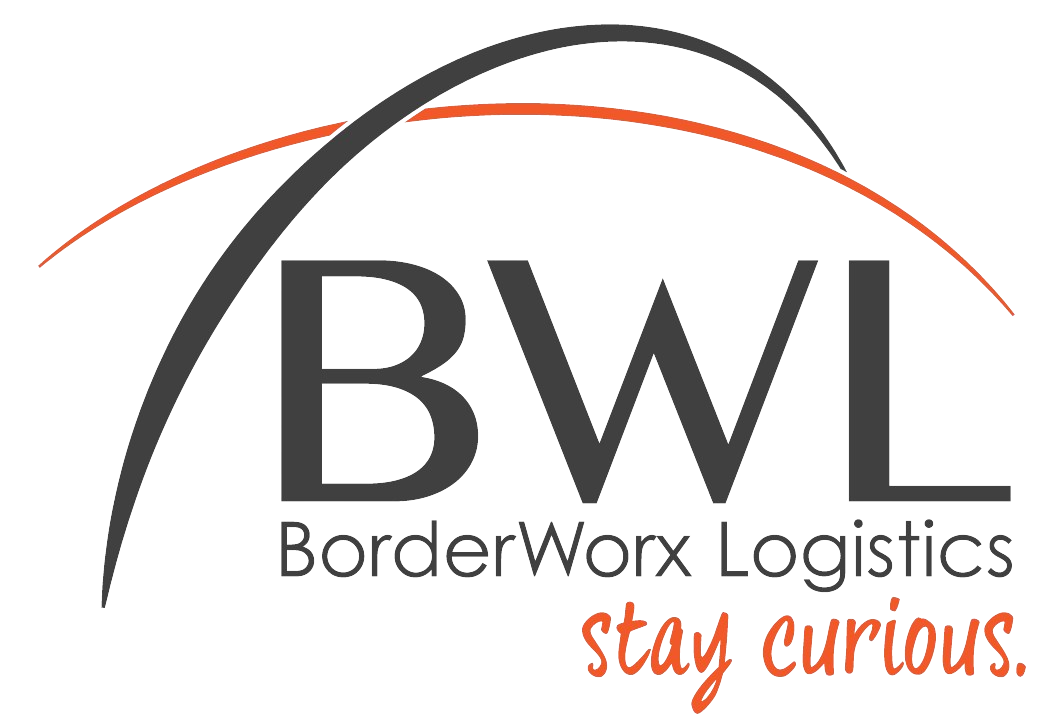When importing inventory from the USA to Canada, businesses must navigate a complex web of regulations, duties, and logistics. Successfully managing these elements is crucial for minimizing costs and risks. One effective strategy is utilizing Foreign Trade Zones (FTZs), which can significantly reduce the duties paid and streamline the import process.

Understanding the Import Process
The process of importing goods into Canada from the USA involves several key steps. First, businesses must determine the goods’ eligibility for import and their corresponding tariff classification. This classification will dictate the duties and taxes applicable upon their entry into Canada. It’s important to ensure all paperwork, including invoices, certificates of origin, and cargo control documents, is accurately completed to avoid delays at the border.
Businesses must also comply with the Canada Border Services Agency (CBSA) requirements, which involve declaring the imported goods and paying any applicable duties and taxes. Here, the role of customs brokers becomes critical. These professionals can help navigate the complexities of customs regulations and ensure compliance with all import procedures.
The Role of Foreign Trade Zones
One strategic approach to reduce the financial burden of import duties is utilizing Foreign Trade Zones. FTZs are designated areas where goods can be landed, handled, manufactured, or reconfigured, and re-exported without the intervention of customs authorities. Goods stored within an FTZ are not subject to customs duties or taxes until they enter the Canadian market. If the goods are re-exported from the FTZ, no Canadian duties or taxes are levied.
Utilizing an FTZ can substantially lower the overall cost and risk associated with importing goods. By deferring the payment of duties, businesses improve their cash flow and reduce the financial impact associated with large imports. Additionally, operating within an FTZ can provide operational advantages, such as the ability to manage and reconfigure goods to meet specific market needs without incurring preliminary duties.
Advantages of Foreign Trade Zones
Foreign Trade Zones offer several benefits for businesses importing inventory to Canada:
- Duty Deferral: Duties are only paid when the goods leave the FTZ and enter the Canadian market. This deferral can significantly improve a company’s cash flow.
- Duty Reduction: If the final product exported from the FTZ has a lower duty rate than the raw materials imported, businesses can achieve substantial savings on duties.
- Duty Elimination: Goods that are imported into an FTZ and then re-exported are exempt from Canadian duties and taxes, reducing overall costs for businesses that operate in international markets.
Implementing the Strategy
To effectively implement the use of an FTZ, businesses should start by assessing their logistical needs and the compatibility of their goods with FTZ regulations. Consulting with customs brokers and logistics experts can provide insights into the optimal use of FTZs and help develop a tailored import strategy that maximizes cost savings and minimizes risk.
Additionally, it is essential to maintain rigorous records and compliance with all regulatory requirements within the FTZ. This disciplined approach will ensure that operations within the zone are smooth and that the financial benefits are fully realized.
Conclusion
Importing inventory from the USA to Canada can be a complex and costly endeavor. However, by leveraging the strategic advantages of Foreign Trade Zones, businesses can significantly reduce the duties paid and mitigate risks associated with their import activities. This approach not only improves financial outcomes but also enhances operational flexibility, making it an invaluable strategy for businesses looking to thrive in competitive international markets.
Borderworx is a registered Foreign Trade Zone, meaning we can help improve your business’ bottom line. Please reach out to us with any questions or to get started.
